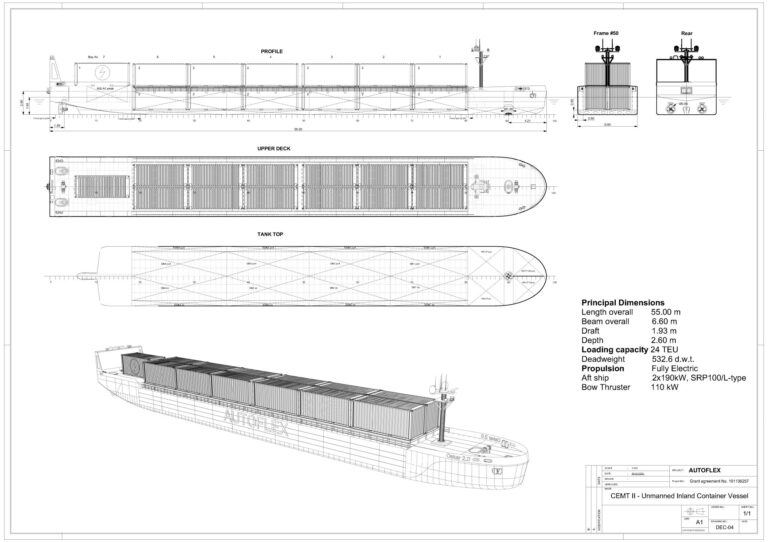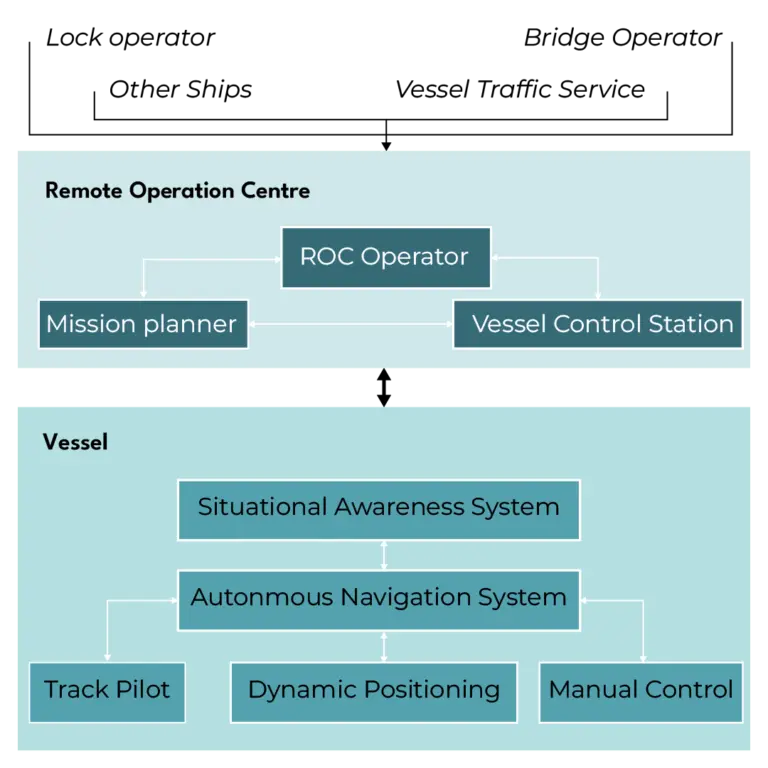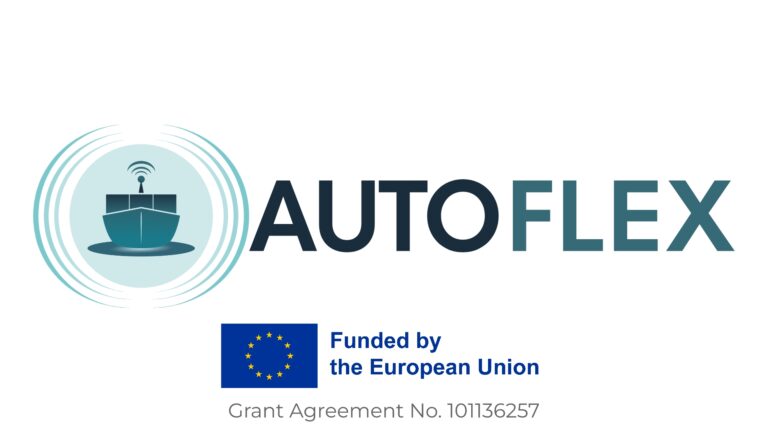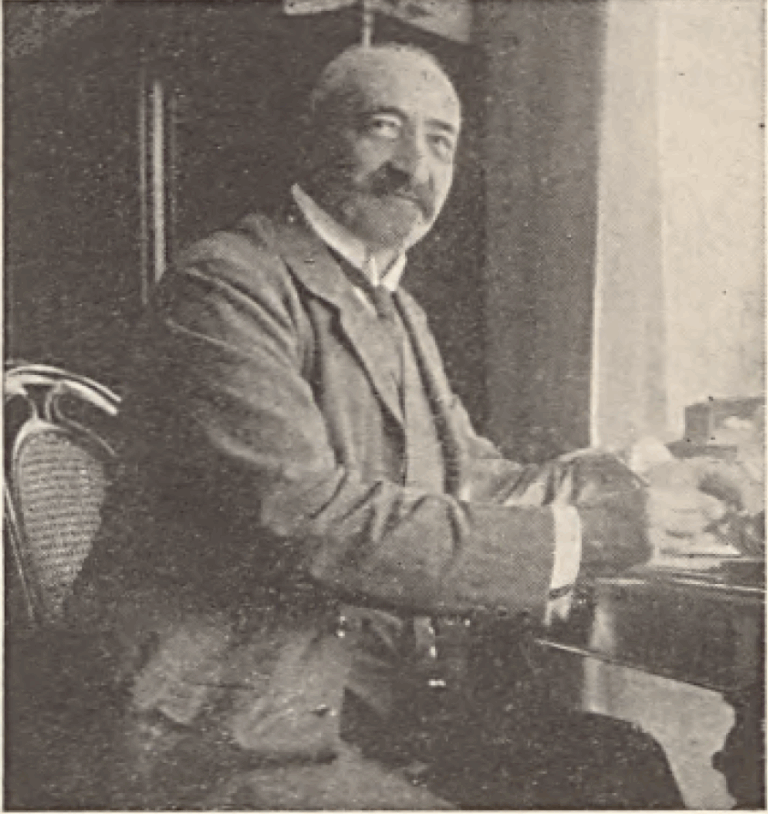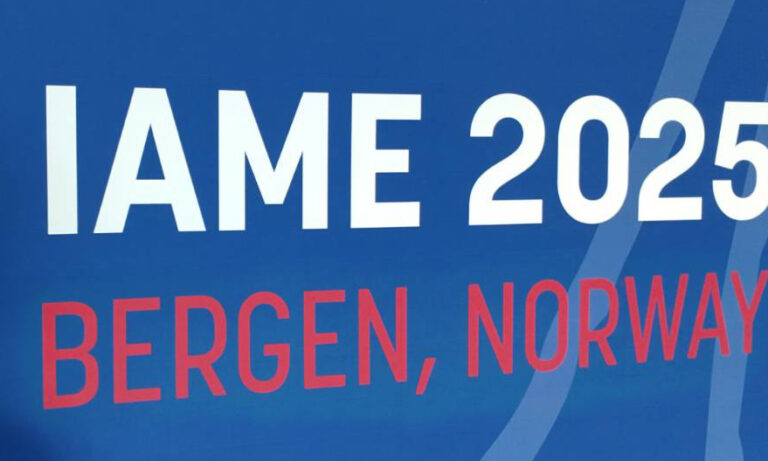

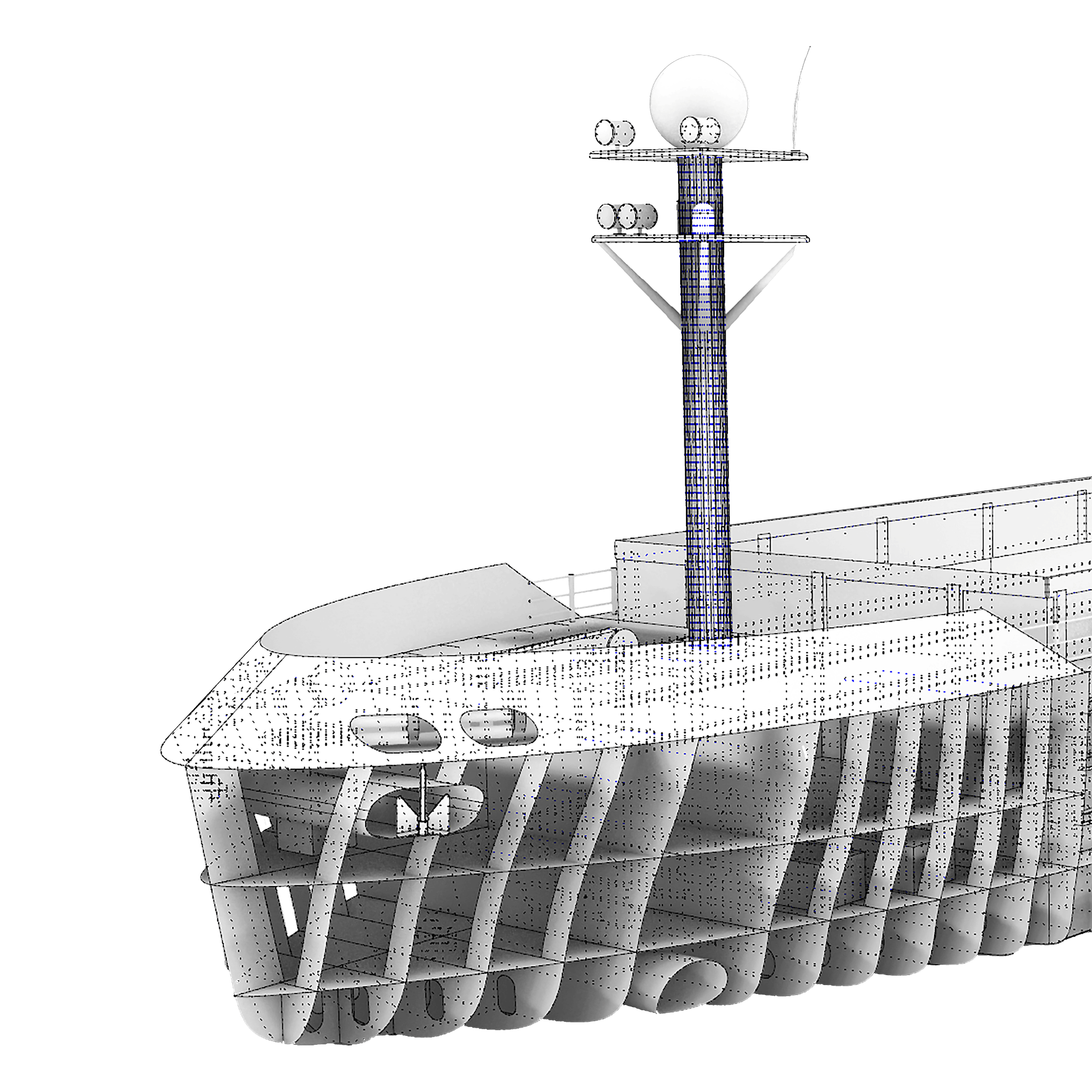
A novel type of autonomous inland cargo vessel is being developed. It can reliably carry out transport services in small waterways, even in confined waters and in extreme-low water situations.
AUTOFLEX will design Stow & Charge distribution hubs as an interface to road transport, which will ensure both cargo transshipment and zero-emission energy supply for the ships and trucks at the same time.
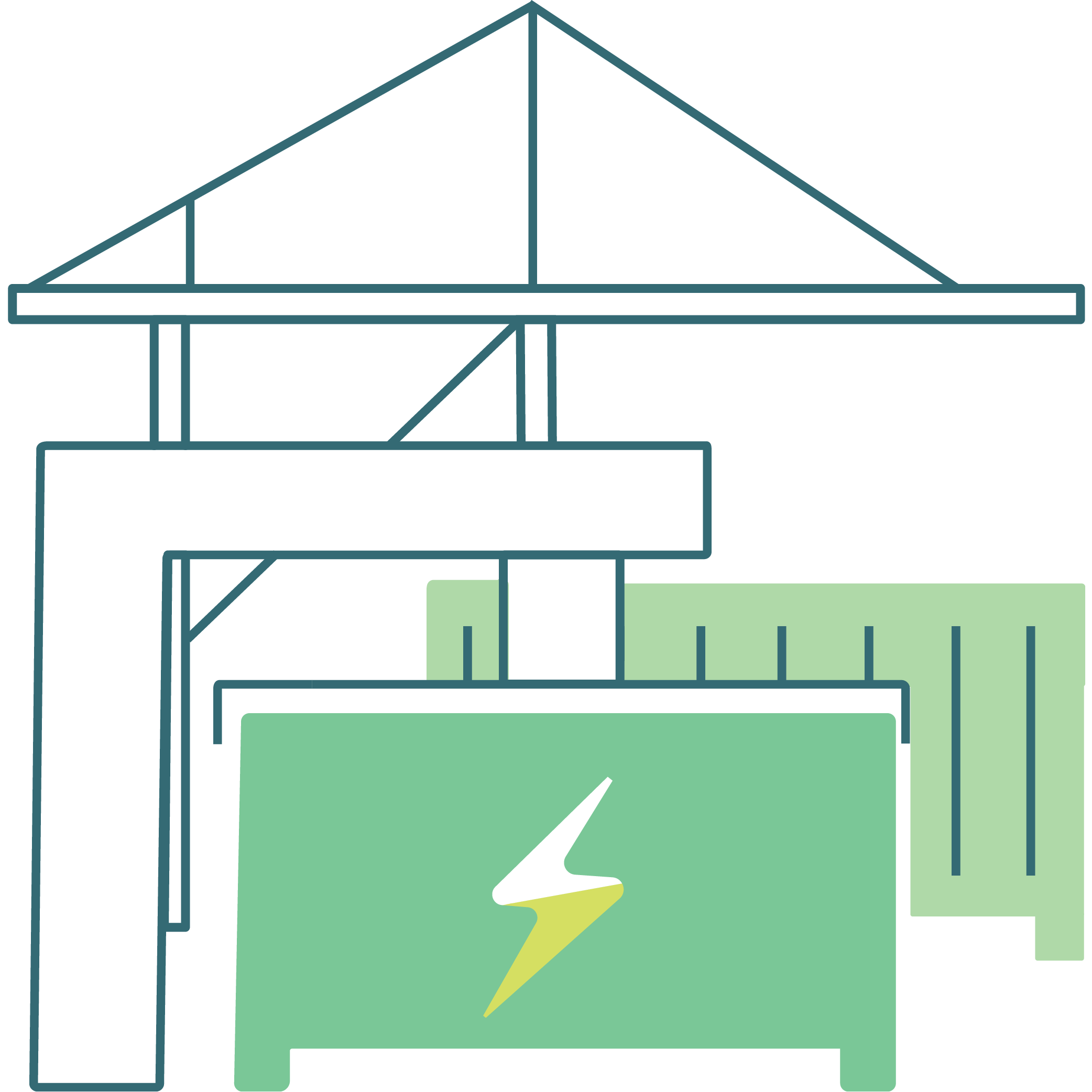
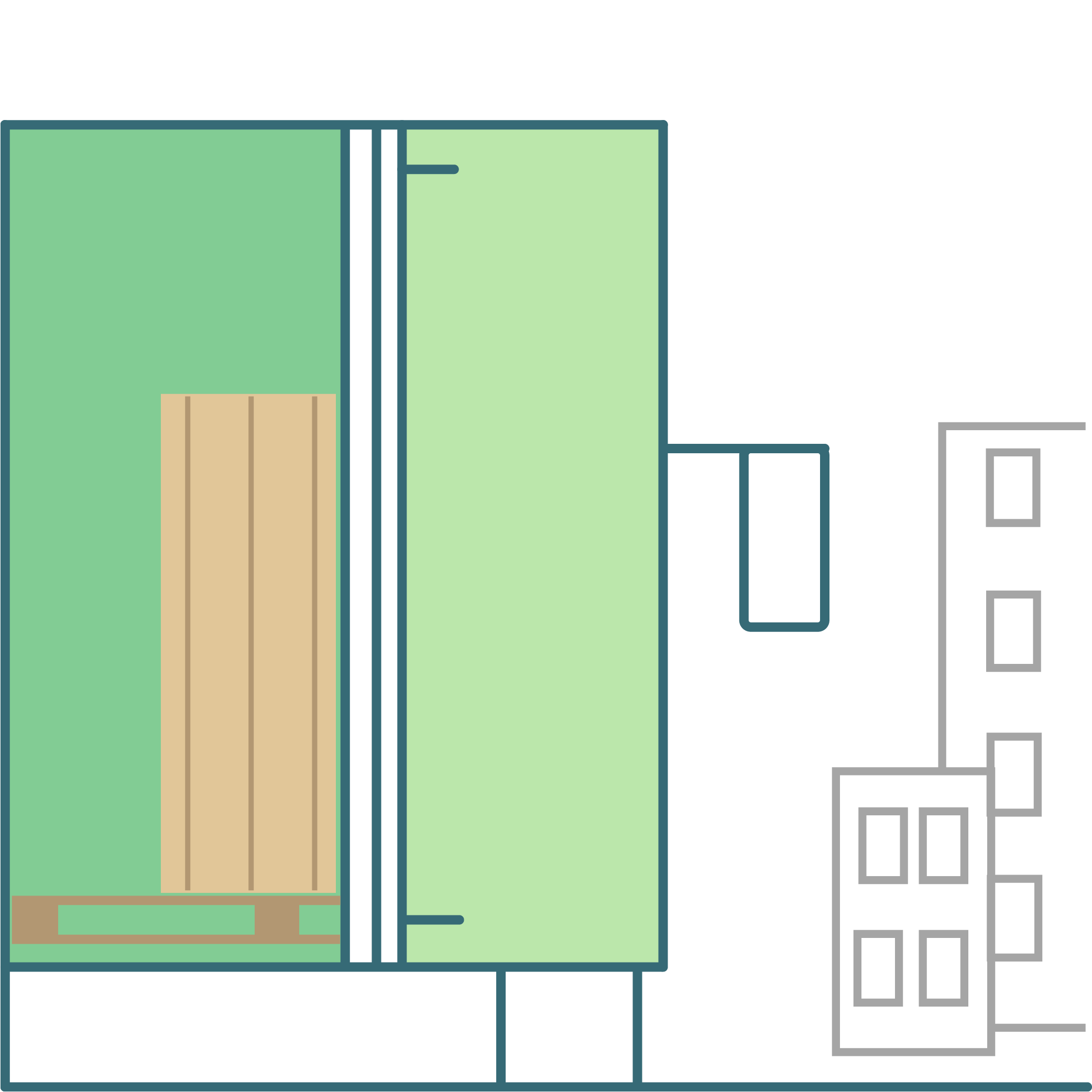
AUTOFLEX will develop solutions for enabling a modal shift from trucks to inland waterway transport exploring Temporary Port Terminals. For last-mile distribution AUTOFLEX will explore central urban locations for placing Mobile Distribution Centres, allowing for flexible on-demand, eco-friendly distribution.

A novel type of autonomous inland cargo vessel is being developed. It can reliably carry out transport services in small waterways, even in confined waters and in extreme-low water situations.

AUTOFLEX will design Stow & Charge distribution hubs as an interface to road transport, which will ensure both cargo transshipment and zero-emission energy supply for the ships and trucks at the same time.

AUTOFLEX will develop solutions for enabling a modal shift from trucks to inland waterway transport exploring Temporary Port Terminals. For last-mile distribution AUTOFLEX will explore central urban locations for placing Mobile Distribution Centres, allowing for flexible on-demand, eco-friendly distribution.
AUTOFLEX is an EU-funded research project facilitating the transition to climate-friendly, flexible, and resilient transport.
Two use cases are situated in the Randstad Holland region between Rotterdam and Amsterdam, and in the East Flemish city of Ghent. The use cases will validate ship concepts, establish a roadmap for exploitation, make recommendations to policy and industry, and propose interface standards.
Use Case 1
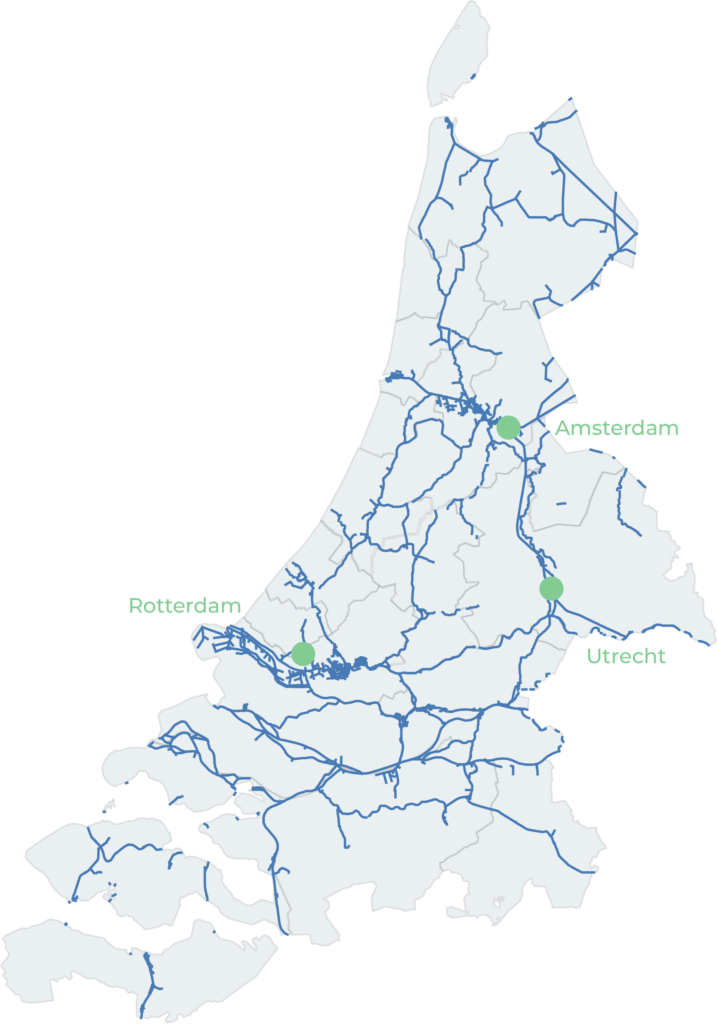
Netherlands
UC1 aims to establish a sustainable and efficient multi-modal transport system in the Netherlands, utilising inland waterways to minimise road transport and reduce congestion. Through the development of small autonomous zero-emission vessels and the optimisation of the transport network.
Use Case 2
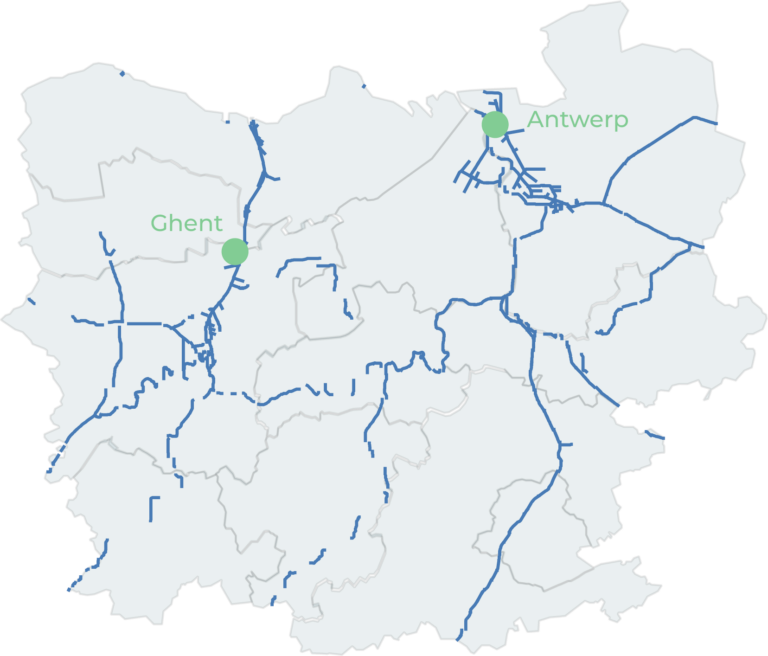
Belgium
The overarching goal of UC2 is to develop and demonstrate an efficient and sustainable hub system that integrates renewable energy supply, cargo transshipment, and autonomous navigation. It aims to increase the zero emission waterborne share of transport of cargo transportation in the region between Antwerp and Ghent.
